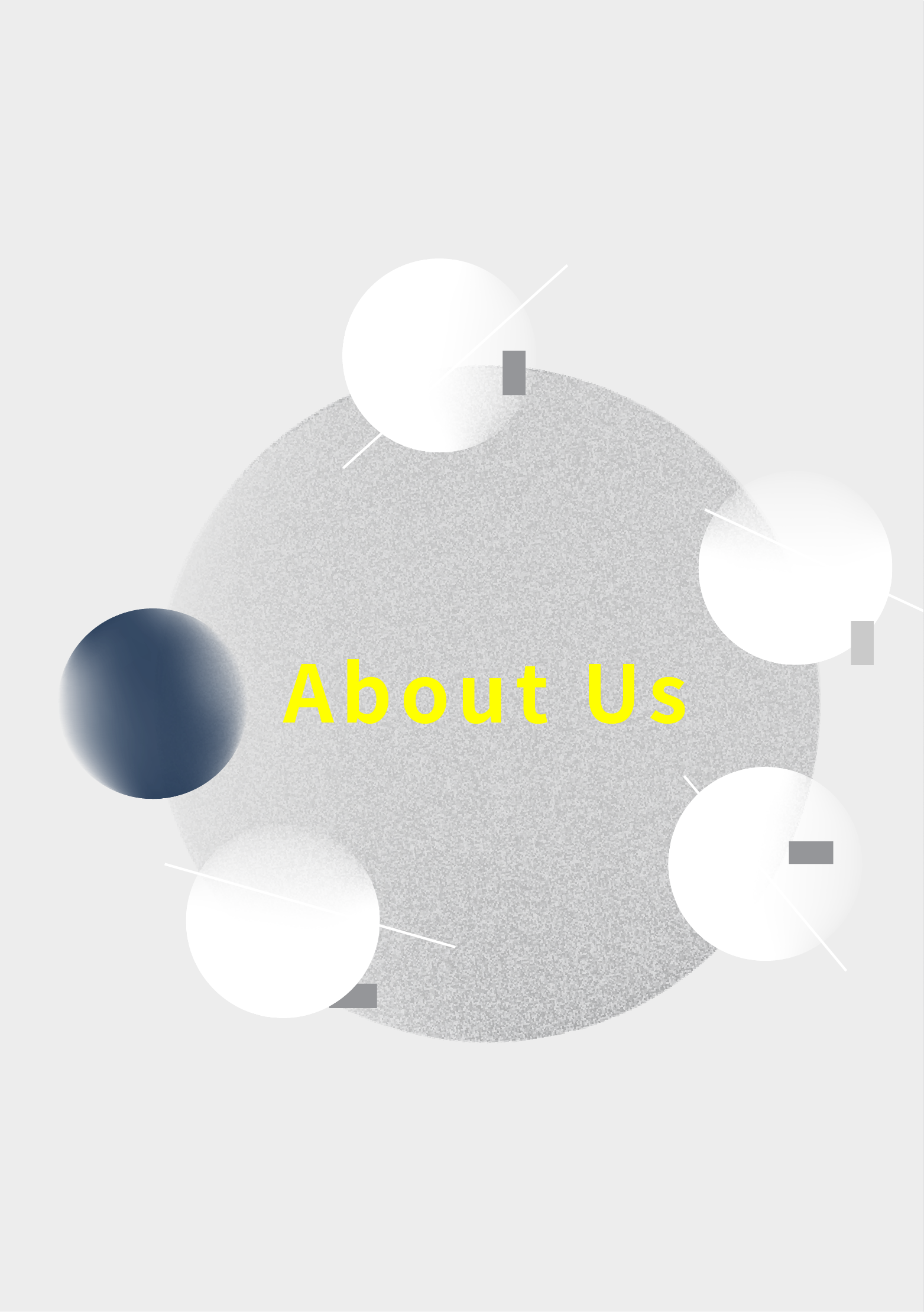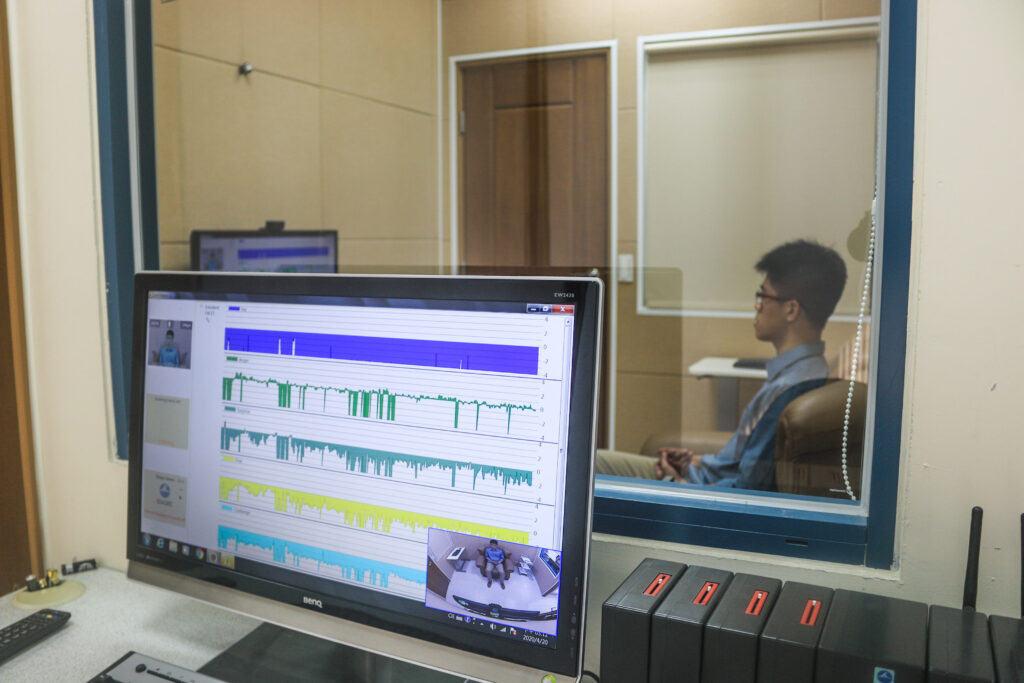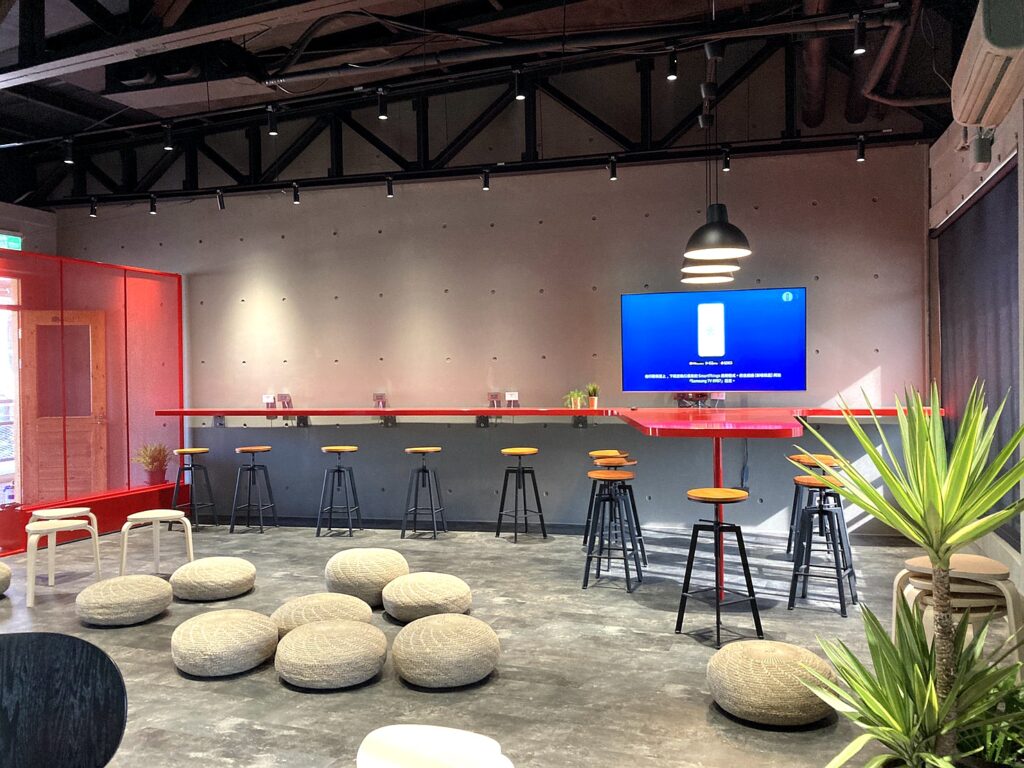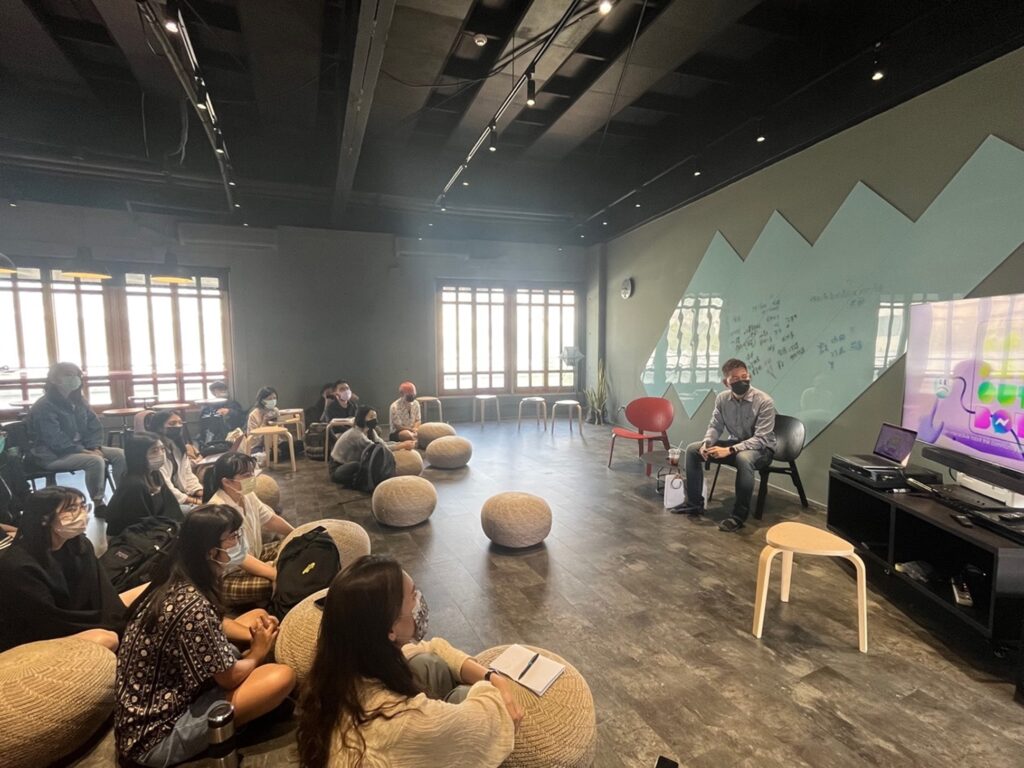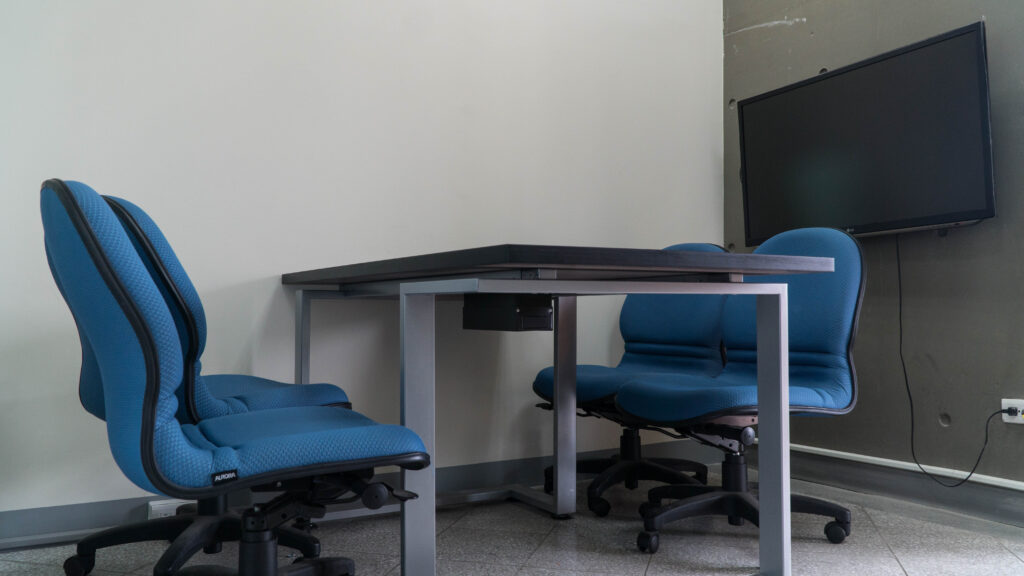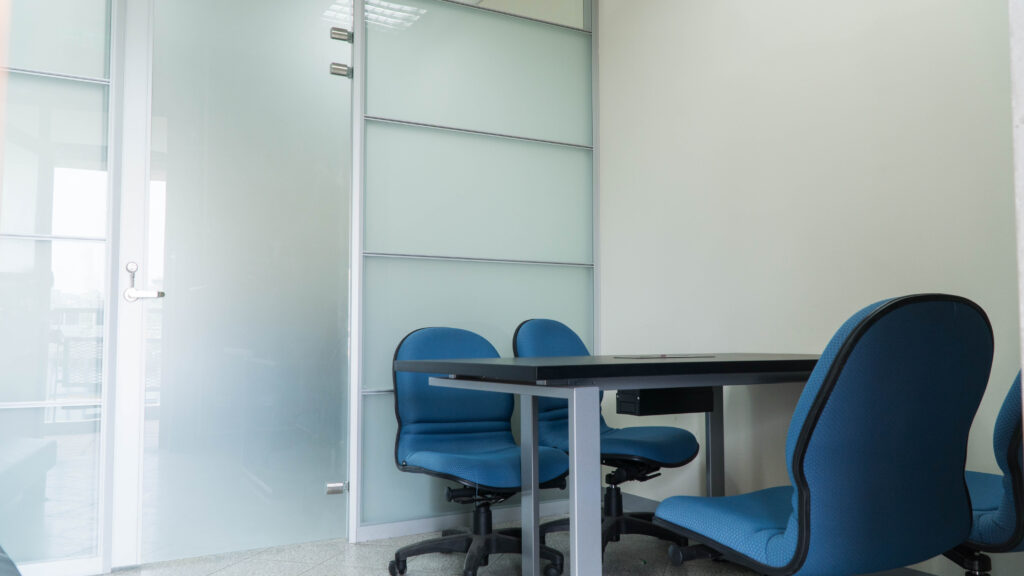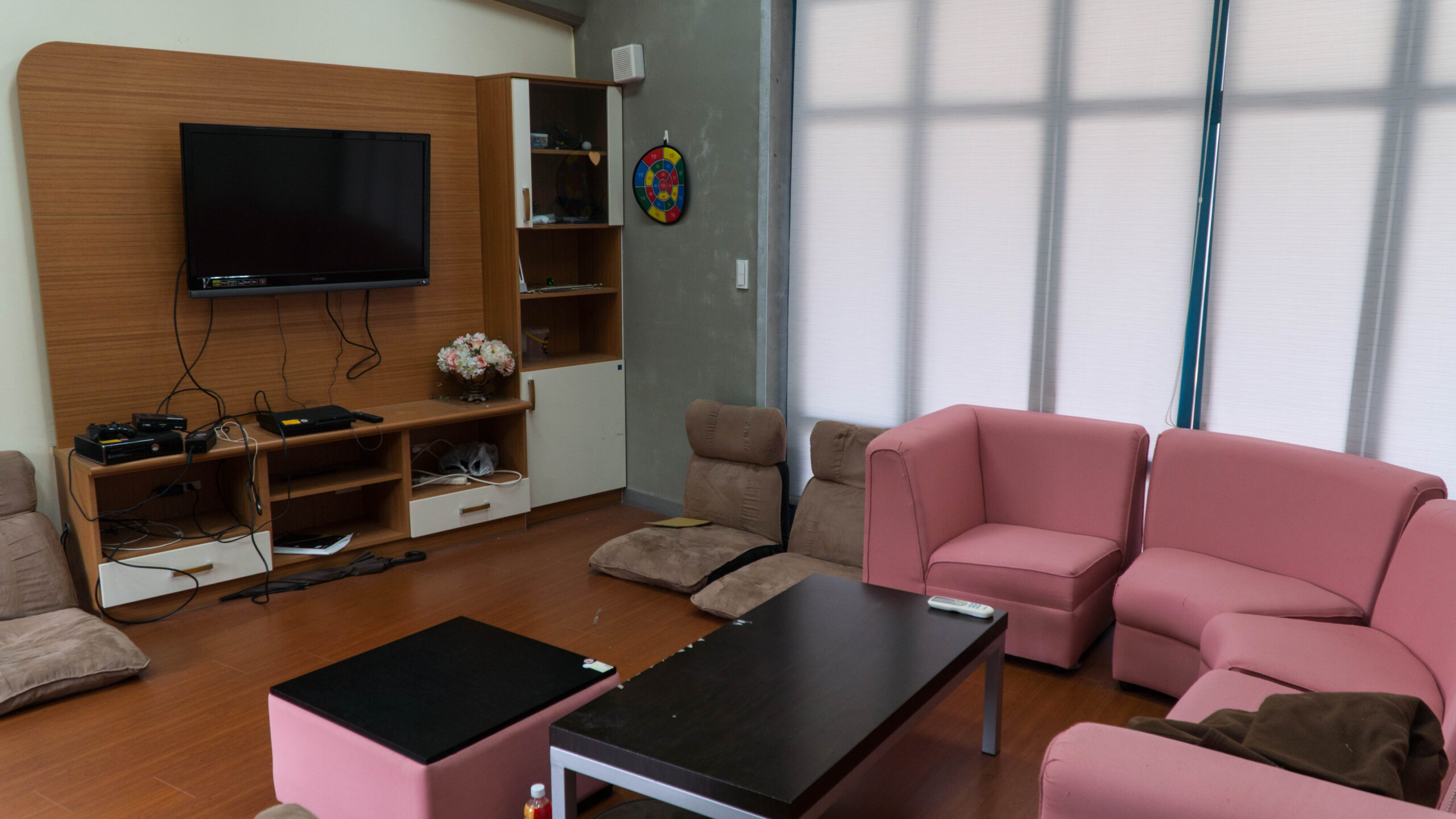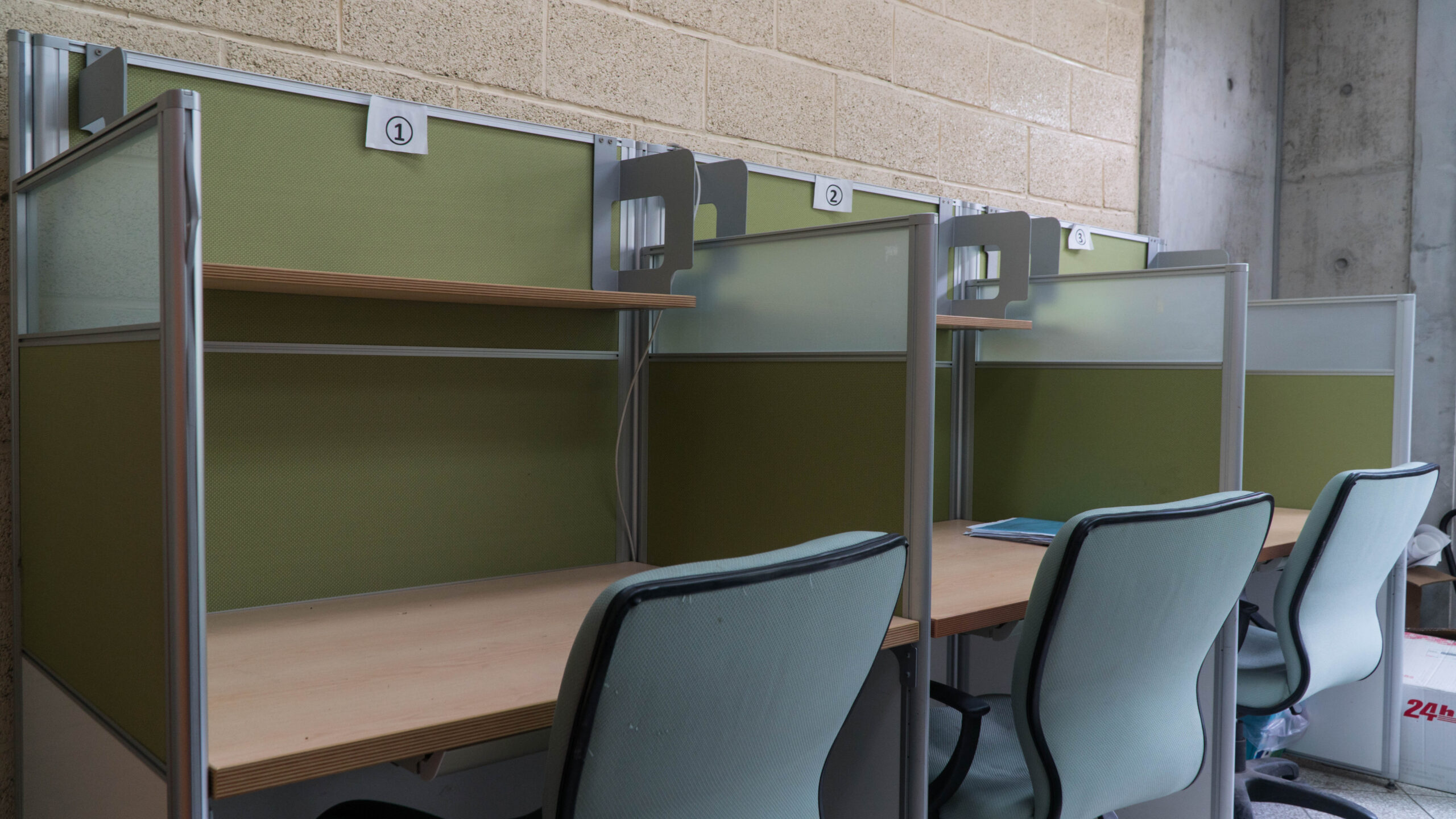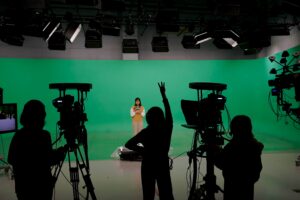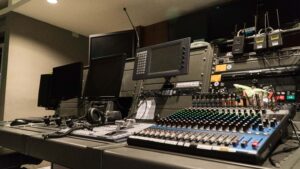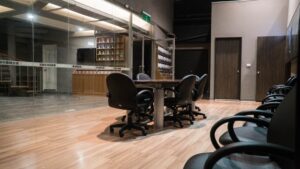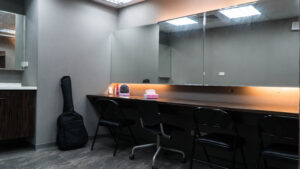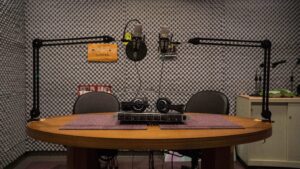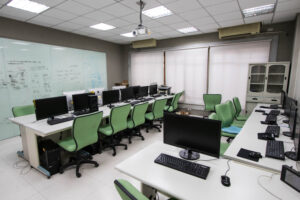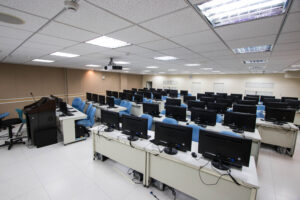Students’ Future Development
Students’ Future Development
The core concept of our department is to cultivate media innovators and leaders in the new era, through the design of cross-media and cross-disciplinary courses, students would be able to have the basic academic and professional abilities. After graduation, students further take advantages of their creative to drive the communication and technology related industry.
Traditional communication related departments mostly bias practices or theories, while the feature of our department is to strike a balance between academics and practices. As we cultivate students’ professional skills, we also fulfill thei rbasic knowledge of communication theories. In order to avoid making the university a “job training center”, we stay close with the media industry and are well-prepared for students’ development after graduation. Comparing to other universities’ communication relating departments, our students have the advantageous ability of cross-media and cross-disciplinary.
With the development of the communication technology and the enlargement of the service division, the definition of communication is no longer define as media, every industry needs experts with communication backgrounds; therefore, our graduates have their future developments of mainly media industry, and partly communication division in other industry. Moreover, we also set a solid and basic knowledge for students heading for academic development.
Media Industry
In the media industry, in addition to public media including newspapers, magazines, radio broadcasts and televisions, marketing, public relations and market surveys are also included. So far it has expanded to various forms of new media by means of Internet platform, such as portal, news and information supporting website and shopping platforms, and also communication and information industries. Our students have the advantage of cross-media ability, and are able to develop technology design, news, television producing, advertisement marketing and public relation into various platforms according to their interests. Besides, based on the establish objective of College of Hakka Studies, we also provide talented people for ethnic media.
Communication Relating Divisions
Although due to the impact of the new media, part of the traditional media industries are being withered, the use of the communication is kept expanding, and either public and private divisions or various industries need effective communication fundamental constructions to help manage and do marketing with high quality communication contents. Our graduates have the specialties of technology design, news, television production, advertisement marketing, and public relation, along with basic knowledge of cross-disciplinary, students have broad futures.
Academic Development
We strike a balance between skills and theories, and students

